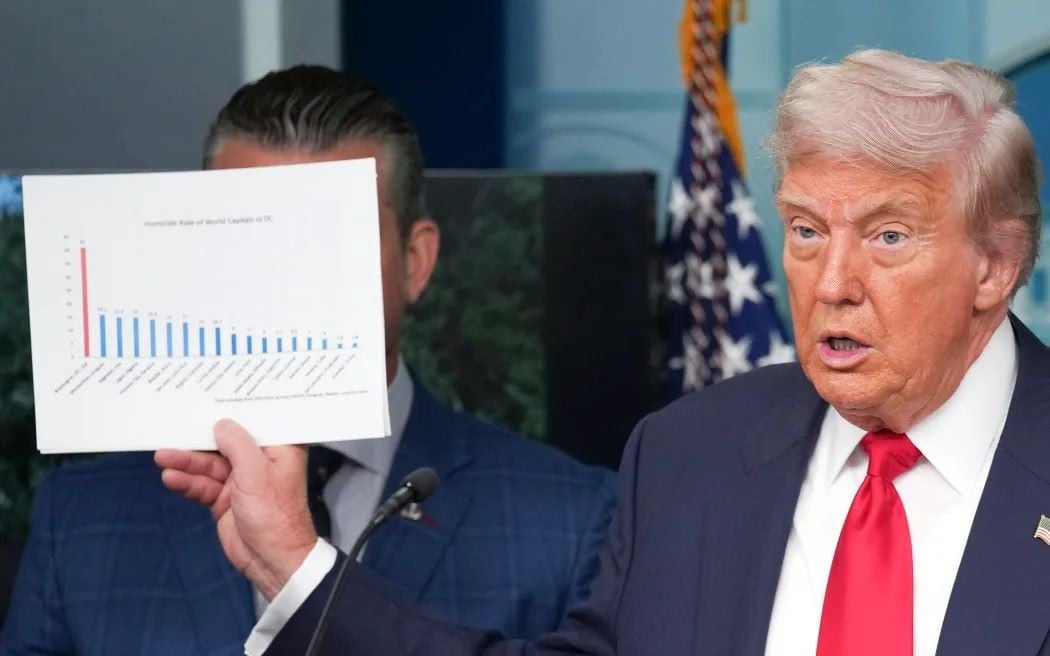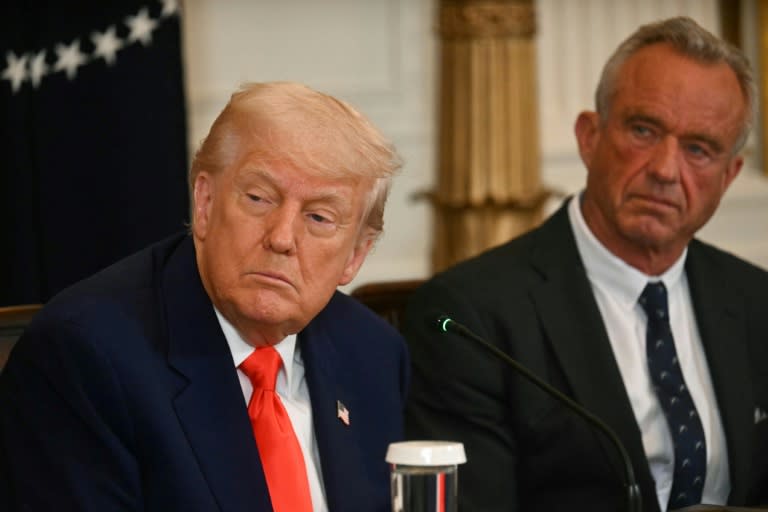In a significant development that underscores the enduring value of the humanities in American life, a federal judge has issued a temporary injunction halting the Trump administration’s abrupt cancellation of longstanding humanities grants. The move, seen as a rebuke to executive overreach, has sparked renewed conversation about the role of arts and humanities in society and the importance of preserving funding for cultural and educational enrichment.
The injunction, issued by U.S. District Judge Eleanor Prescott, temporarily blocks the Department of Education and the National Endowment for the Humanities (NEH) from executing plans to terminate funding for various humanities programs across the country. These grants support a wide array of initiatives—ranging from historical preservation and literature workshops to museum exhibits and local cultural programming.
The Trump administration’s decision to defund these grants was part of a broader attempt to reduce what officials described as “non-essential” government spending. The administration argued that federal investment in the humanities, while symbolically valuable, does not yield measurable economic returns and should therefore be funded privately or through state-level initiatives.
Critics of the cancellation, however, argue that the humanities are not a luxury but a critical component of civic life. They maintain that the humanities foster critical thinking, empathy, and a sense of historical continuity, and that cutting such funding disproportionately affects underserved communities that rely on public support for cultural engagement.
The lawsuit, filed by a coalition of universities, nonprofit organizations, and cultural institutions, claims the administration’s cancellation violated both statutory protections and procedural requirements. Specifically, plaintiffs argue that the decision was made without the necessary public comment period and lacked transparency and adequate justification.
In her ruling, Judge Prescott emphasized that the plaintiffs had demonstrated a “credible threat of irreparable harm” if the grants were to be canceled without due process. She wrote, “The humanities grants in question not only support academic inquiry and community engagement but also provide educational access to rural and disadvantaged populations. The unilateral decision to revoke these grants undermines both legal procedure and the public interest.”
Prescott’s decision is not a final ruling on the merits of the case but serves as a legal pause, preserving the status quo until a full hearing can be held. Nevertheless, the injunction has been welcomed by scholars, educators, and advocates of public humanities, many of whom feared the loss of critical programming and job cuts if the funding were to vanish.
The NEH, established in 1965, has historically enjoyed bipartisan support, channeling millions of dollars into schools, libraries, archives, and museums. It has helped fund digitization projects, language preservation efforts, and academic research that enriches the national cultural fabric. The sudden halt of these grants, critics argue, would not just cut off financial resources, but also send a demoralizing message about the value of humanities in American life.
This isn’t the first time the Trump administration sought to slash funding for the NEH and related programs. In multiple budget proposals during his term, former President Trump suggested eliminating the agency altogether, calling its functions better suited for private sector sponsorship. While Congress pushed back on these proposals in previous years, the latest cancellation attempt bypassed congressional deliberation, prompting legal action.
Reaction from academic and cultural leaders has been swift. Dr. Amanda Ruiz, director of a community heritage center in New Mexico that receives NEH funding, called the injunction a “lifeline for institutions like ours.” She added, “Our programs serve local Native American and Hispanic communities, telling their stories, preserving their languages, and connecting generations through shared heritage. To end that overnight would be devastating.”
The Trump-era reasoning behind such cuts also raises philosophical questions about the role of government in supporting culture and education. While proponents of smaller government argue for reduced spending on programs deemed nonessential, others point out that the public humanities have a direct impact on community identity, democratic participation, and historical understanding.
Supporters of the injunction also note that humanities programs often partner with K–12 schools, bringing historical artifacts, guest speakers, and community-based projects into classrooms. The removal of such enrichment, especially in already under-resourced schools, would have long-lasting educational consequences.
The case will now proceed to a full hearing, where both sides will present arguments regarding the legality and broader implications of the funding cancellation. Legal experts suggest that the administration may face challenges defending the decision, particularly given precedents requiring transparency and public input in altering longstanding federal programs.
As the debate continues, the injunction serves as a reminder of the contested space that the humanities occupy in American political discourse. Are the arts and historical inquiry public goods worthy of federal investment, or should they rely solely on private philanthropy and market forces? The upcoming court case may not fully resolve that debate, but it will likely establish important legal boundaries regarding how such funding decisions can be made.
In the meantime, the ruling offers temporary relief to hundreds of projects and thousands of educators, historians, artists, and students whose work hinges on these vital grants. It also gives the public a renewed opportunity to engage in dialogue about what kind of cultural legacy the country wants to support—and who gets to make that decision.



